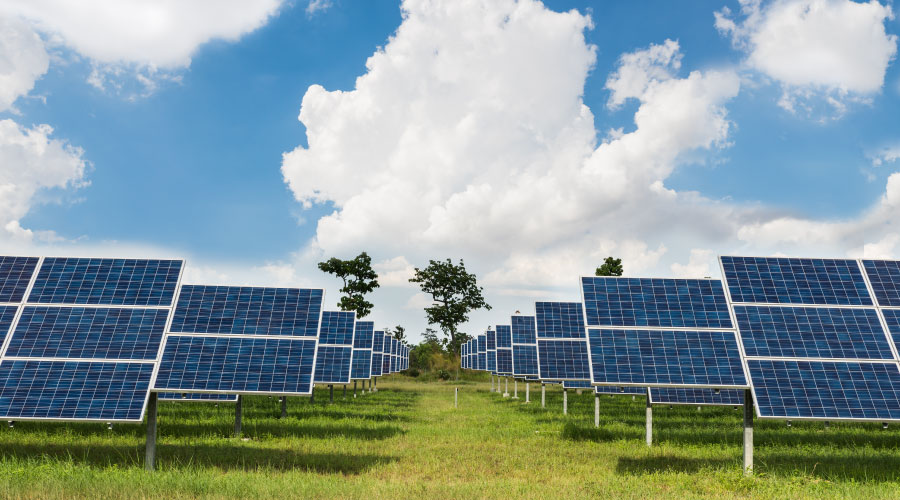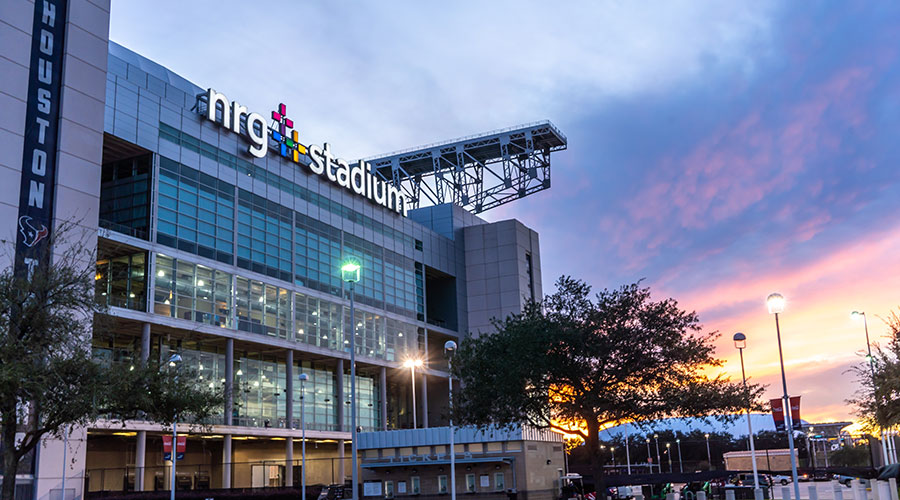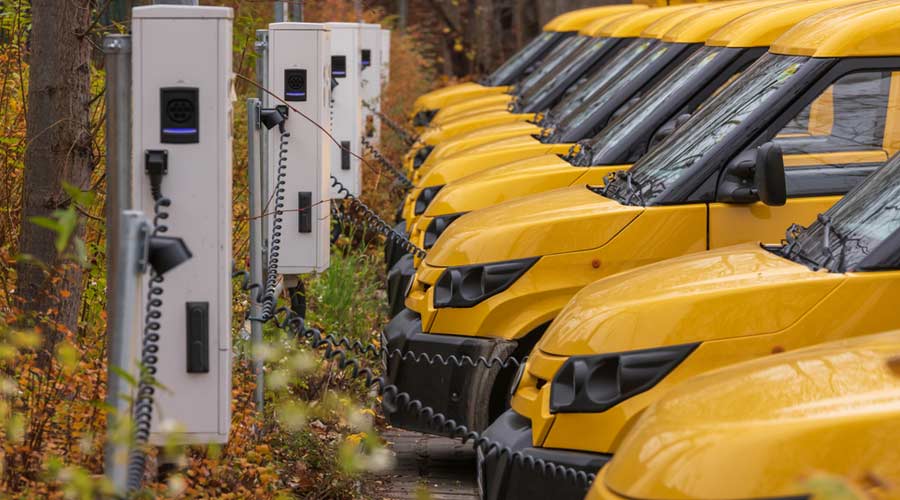LEED Innovation Strategies
LEED’s “extra credit” category gives facility executives the chance to get bonus credits for exemplary performance in any of the other categories, or for implementing creative strategies.
Additionally, the new version of LEED includes a “regional priority” section that allows facility executives to tailor their LEED program and get credits based on the area of the country where the facility is located.
For example, a facility in Arizona may get more credit for water efficiency measures. Demand and the marketplace generally dictate what materials are used.
To implement best practices, facility executives should understand the opportunities and constraints of the local conditions and respond to these conditions. This is accomplished by going back to the basics. That means respecting and revisiting what has been recognized as the best way to do things for centuries.
Every project or capital improvement should be evaluated with the goal of achieving a significant level of sustainability. Facility executives should understand and appreciate the potential of each site. Serious consideration should be given to the consequences that development will have 50 to 100 years down the road to determine if it is the best site and the best use of the land. 
Randhir Sahni, AIA, is president of Llewelyn-Davies Sahni, a Houston-based architectural, planning and design firm that he has directed for more than 32 years.
Related Topics:


















